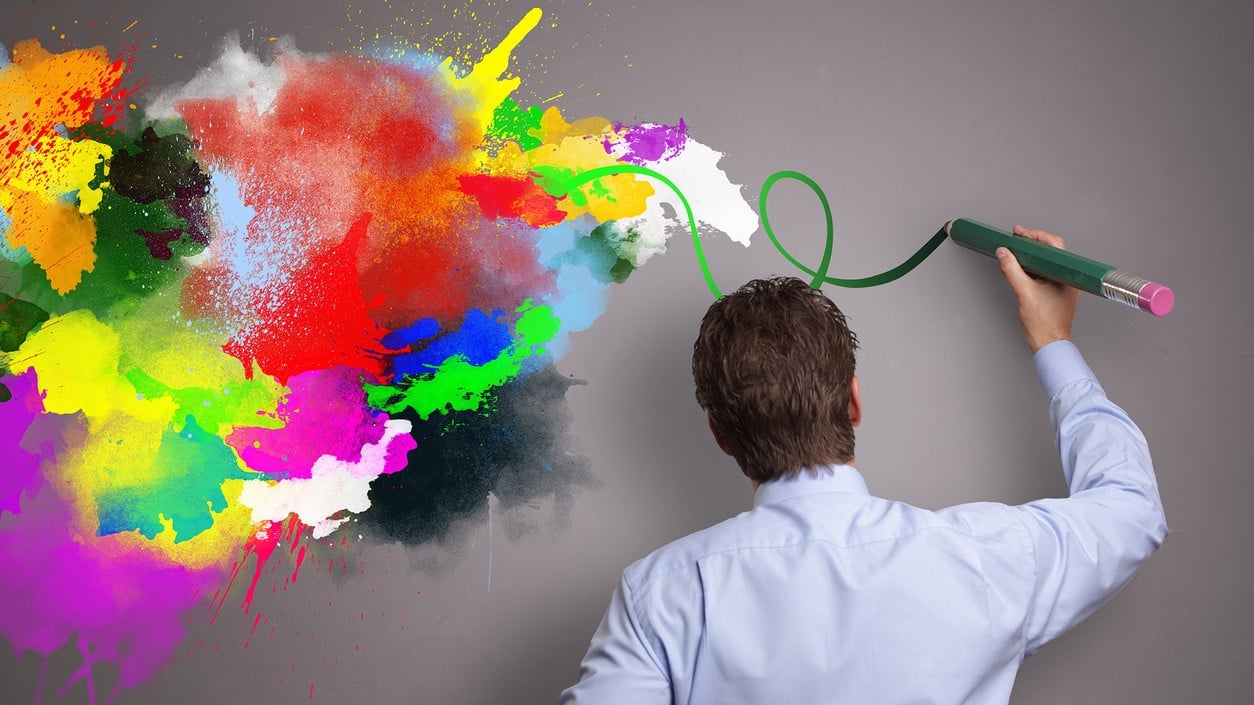Five Strategies for Adding More Creativity to Your Life
Whether you are a corporate real estate agent or a marketing expert, creative thinking is often what you need to take your business to the next level. Unfortunately, it is very easy to fall into the trap of routine. If you are not careful, this slump can easily cause your business to deteriorate.
If you need help thinking creatively so you can drive better results for your brand, retraining your brain may be the solution. By reconsidering your thought process, you will be able to generate innovative ideas that make a real impact.
Five strategies you can use to boost creativity:
1. Read:
The time you spend reading and writing will always improve your creative thinking. Studies have confirmed that regular readers and those who have a positive attitude towards reading in general will have more creative thinking abilities than their peers.
Although entrepreneurs often tend to read only business books, it is worth noting that reading novels is particularly effective at connecting the creative right-brain side with the analytical left-brain side. In other words, feel free to look at a book that interests you.
2. Unleash your imagination with brainstorming:
When it comes to improving your creativity, think of your brain as a muscle. Just as if you were lifting weights in the gym to strengthen your arms or legs, you should also "exercise" your brain to strengthen your creative thinking capabilities.
One of the best ways to do this is to allow yourself to be bold with brainstorming. So consider challenging yourself periodically to come up with the largest number of ideas related to a particular problem at once. Write down everything that comes to mind. Do not write off ideas because they seem unreasonable or useless.

The main idea is that you can write down as many ideas as you can, and this will help you open up to a wide range of ideas in the future, allowing for more creative thinking when it comes time to solve problems related to your work.
3. Learning:
Many business owners take pride in being true professionals in their work. There is nothing wrong with developing specialized knowledge that helps you deliver better results for your clients, but to foster creative thinking, you need to embrace lateral learning.
More learning means that you are trying to learn more about a variety of topics, including those outside of your chosen profession. You won't necessarily become an expert in these areas, but the idea is that you will expand your knowledge to the point where you have at least a solid understanding.
Expanding your knowledge base gives you a wide range of facts and experiences to draw upon when trying to come up with solutions. So increasing your thirst for knowledge will make you more innovative and help you discover new horizons.
4. Manage Distractions:
Distraction and creativity have a unique relationship. It has been shown that highly creative people are more distracted than their peers and are more likely to focus on irrelevant information rather than dismissing it.
Although this does not seem to be in their favor, it does mean that they are actually absorbing more information and having access to more resources that can be used to generate ideas and solutions. This makes creative thinkers more likely to think of a variety of potential solutions rather than just the obvious ones.
However, some visual distractions will negatively affect your thought process, and a cluttered workspace or excessive use of a smartphone may lead you away from the task. While it's okay to allow distractions to help you take in more information, maintaining a clean work environment will help you stay focused on the task at hand while working on a solution.
5. Take a break:
Taking a break may seem like giving in to potential distractions, but smart breaks can provide a huge creativity boost. To support that creativity, a break can often come in the form of task switching. As it has been shown, switching tasks enhances cognitive flexibility, which makes you more able to adapt to different situations.
Mindful task switching can boost innovation without hurting your productivity; for example, setting an alarm to get your attention can help to leave your original task when it goes off to avoid the psychological tendency to continue working on a problem. Even if you're completely stuck, switching tasks forces you to change your mindset, allowing you to return to the original problem with a fresh perspective.
In conclusion:
Everyone has creativity and innovation within them, but sometimes it simply takes a little extra effort to harness these capabilities. Whether it be in the form of a perfect marketing slogan or a better way to serve your customers, you'll be grateful for the effort you put into training your brain, where these achievements begin to appear more.